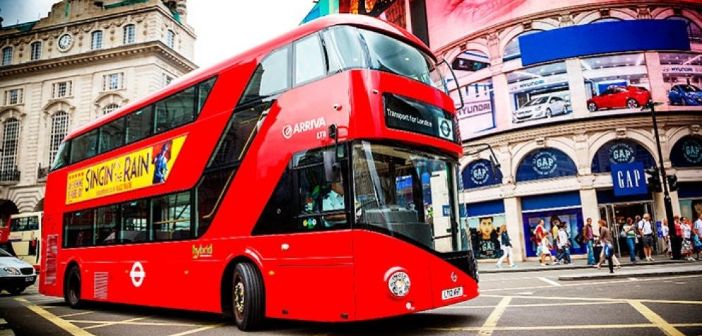Transport for London (TfL) has published its revised budget for 2021/22, describing it as “showing progress towards financial sustainability”.
The revised budget, which builds on the previous TfL budget published in March, is both a legal requirement and a condition of TfL’s funding agreement with government.
It outlines how TfL plans to remain on track to reduce its funding gap, deliver the recurring savings required as part of its business plan, and work towards becoming financially sustainable by April 2023.
The budget will see service levels operating on the Tube, bus and rail services for 2021/22 remaining the same as outlined in TfL’s Financial Sustainability Plan, published in January. It details the delivery of a range of improvements and schemes across London including:
- Healthy Street scheme
- More step-free stations
- Expansion of the Ultra Low Emission Zone
- Completion of the Elizabeth Line
- Various Underground station improvements
- Bridge and tunnel renewals programme
- Major signalling upgrades to the Tube network
The operator added with government investment it could make even more improvements that would help deliver several priorities such as decarbonisation and boosting productivity.
And while TfL has seen improvement in passenger numbers since the easing of restrictions, mayor of London, Sadiq Khan has called on additional funding, he said: “If we don’t get further government support in December, there could still be a £500m gap this year and so I urge ministers to treat TfL as they do the private rail operators, and commit to a long-term funding agreement. This is vital not only for the good of London, but for the whole country.”
TfL added the current short-term funding agreement has restricted its ability to plan, commit and deliver Active Travel and Borough travel schemes this financial year. The operator is therefore making the case to be allocated financial support by government over a set time period of a number of years, similar to the arrangements offered to Network Rail and Highways England.
Andy Byford, London’s transport commissioner, said: “Our staff, supply chain and other partners have worked magnificently to keep London moving, but the pandemic has shown our financial model, with such a disproportionate reliance on fare revenue, to be not fit for purpose.
“TfL is meeting its part of the deal with government to get back to financial self-sufficiency. I now call on government to truly engage with TfL to secure the long-term funding agreement that will drive London and the wider UK’s recovery.”





